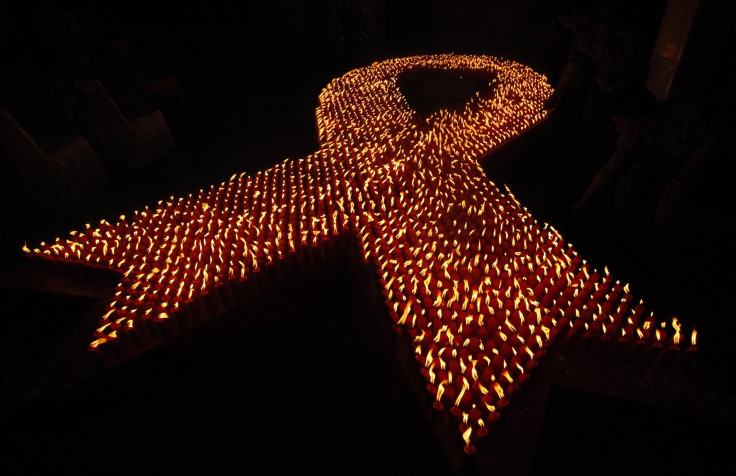Former Iowa State University Scientist Sentenced To Over 4 Years For Faking HIV Vaccine Results

A former Iowa State University (ISU) researcher who fabricated the results of an experimental HIV vaccine was sentenced to four years and nine months in prison on Wednesday. He was also ordered to pay $7.2 million to the U.S. National Institutes of Health (NIH) that funded the research.
Dong-Pyou Han reportedly resigned in October 2013 after researchers from Harvard University found that he adulterated rabbit blood with human antibodies to show the results as major breakthrough, the Associated Press (AP) reported. The NIH gave the research team funding of $7 million to $20 million, according to Ames Tribune, a local daily.
According to Joseph Herrold, Han’s public defender, his client accidentally mixed the blood samples and that he was too embarrassed to admit it. In order to cover up the mistake, Han repeatedly spiked the samples. Herrold also reportedly pointed Han's lack of criminal record and requested the judge to put him on probation instead of jail time.
“The court cannot get beyond the breach of the sacred trust in this kind of research. ... The seriousness of this offense is just stunning,” U.S. District Judge James Gritzner said, according to daily Des Moines Register.
In June 2014, Han was charged with four felony counts, each carrying five years of jail. However, in exchange for a guilty plea, two counts against him were dropped, according to Ames Tribune. Prosecutors reportedly maintained that a jail time was important to stop future cases of fraud.
“I deeply regret any and all misconduct that were committed in our researches,” Han reportedly said Wednesday.
Han would not be able to work in his field of choice, Herrold said, according to the AP, adding that he is also likely to be sent to South Korea, his native country, and "possibly never permitted to return," separating him from his wife and two adult children who are U.S. citizens. Han, who was born in Seoul, is a permanent American resident.
© Copyright IBTimes 2025. All rights reserved.






















